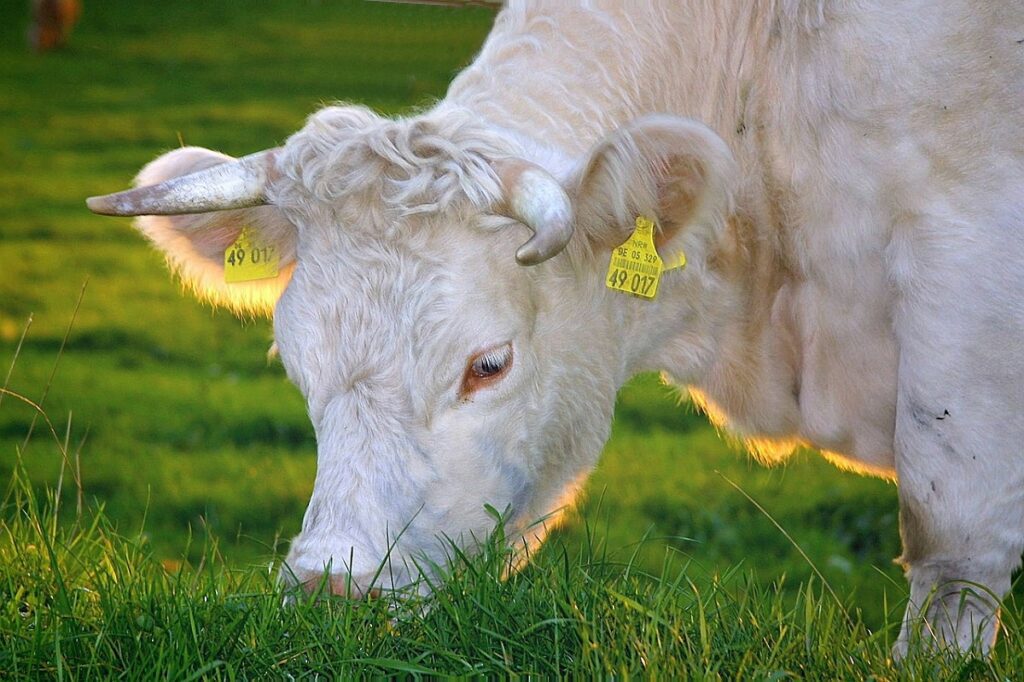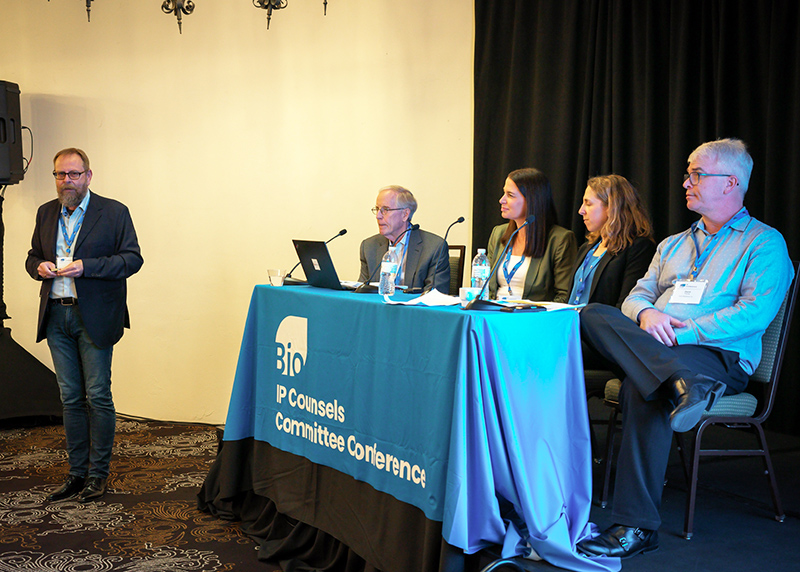The U.S. Department of Agriculture began field safety trials of a vaccine to protect dairy cattle from avian flu, Agriculture Secretary Tom Vilsack said.
“We have a number of companies that have been working on vaccines and one company has now presented sufficient information to the USDA to allow me to authorize what they did this week,” Secretary Vilsack said Aug. 28 at the Farm Progress Show in Boone, Iowa.
The USDA is not saying which company’s vaccine would be undergoing the trial.
“In the near term,” the field trial “will allow us to determine whether we can go to the next level, next set of steps necessary to ensure safe and effective use of the vaccine,” Vilsack said.
Alarmed by growing outbreaks, dairy and fowl industry groups are calling for urgent development and deployment of a safe, effective vaccine for their livestock.
As of Aug. 30, there have been avian flu outbreaks in 194 dairy facilities in 13 states, according to University of Minnesota researchers.
With avian flu (H5N1) more widespread among cattle in the U.S., there are concerns that the virus will have a better chance to mutate so it can be passed from human to human—causing a pandemic.
The current risk of human-to-human spread is low, according to the Centers for Disease Control and Prevention (CDC). But scientists have said the outbreak among cattle may be hard to contain and could increase the risk of a new virus causing a human public health crisis.
All 13 cases of H5N1 in humans reported since April were apparently contracted through animal contact. Four cases were among workers exposed to dairy cattle and nine among workers exposed to fowl, according to the CDC.
Attitudes shifting on vaccination
Vaccinating birds and cattle could protect animals and humans from the spread of the virus. However, dairy and fowl farmers have worried about the impact on international trade. Fowl found to have H5N1 antibodies, whether caused by vaccination or infection, would be rejected for import by most countries, including the U.S.
Now, concerned by the rapid spread of H5N1, representatives of the dairy industry, egg producers, and turkey farmers have called for vaccination. They endorsed urgent development and deployment of vaccines for fowl and livestock in a letter to Vilsack sent on Aug. 16.
“We are writing today to request that USDA and its federal partners bring a new sense of urgency and preparedness to the ongoing response by supporting the development of effective H5Nx vaccinations for dairy cows, turkeys and egg-laying hens that can be deployed to ensure this virus does not continue to negatively impact U.S. public and animal health,” said the letter.
‘We need to work with our trade partners’
Vaccination does not have to interfere with trade, according to John Torres, Senior Director, Federal Government Relations, Agriculture & Environment at the Biotechnology Innovation Organization (BIO).
“We need to work with our trade partners to ensure that unscientific barriers to trade don’t arise from the need to address the health of farm animals and the safety of our food supply,” he said.
A decision to vaccinate cows would not have the same impact on exports as vaccination of fowl, Vilsack said in Iowa. Dairy cows are vaccinated “for a lot of things,” and that “has not created a problem with trade,” Vilsack said, according to Agriculture Dive.
Torres said it’s possible to find an approach that encourages cooperation from farmers and protects human health.
“H5N1 presents a unique One Health challenge with implications for human health, animal health and food security. The first line of defense for public health must target the points at which humans and animals come together, and that’s on the farm,” said Torres.
“We also must realize that the way farmers address animal health issues is different from how we address human health issues. Respecting those differences is important in designing a successful plan that the farming community will support,” he added.




